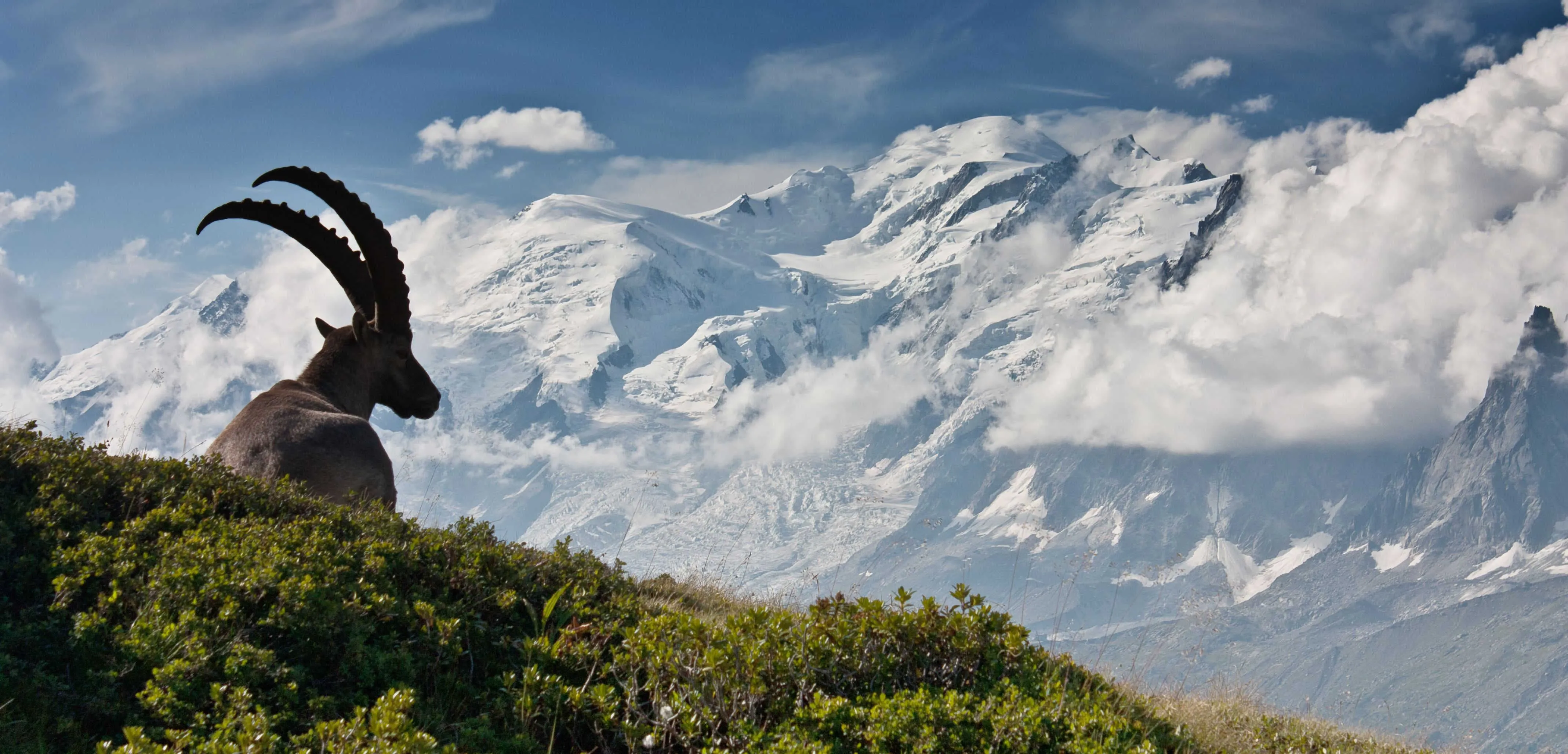Destinations
Trekking type
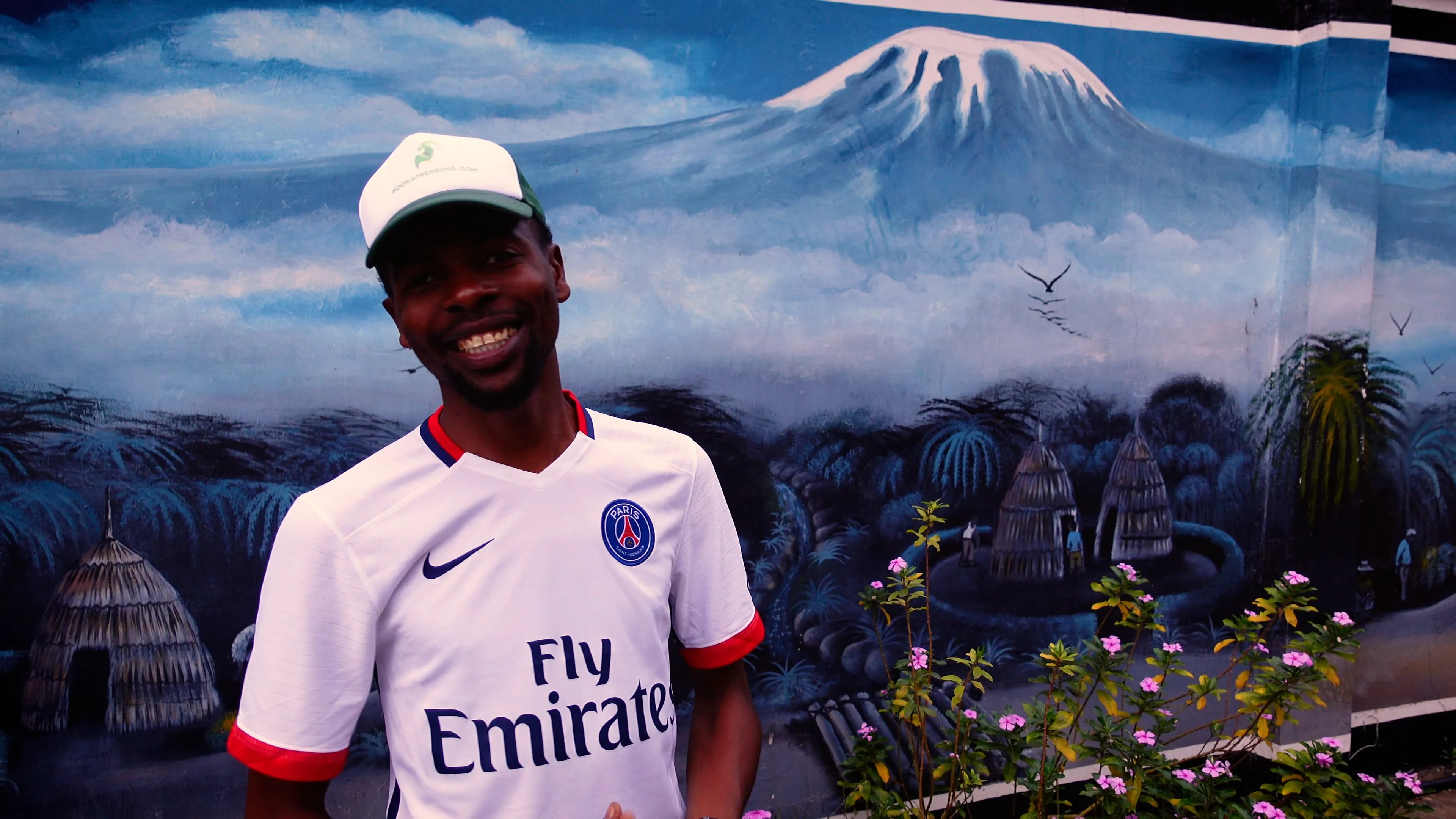
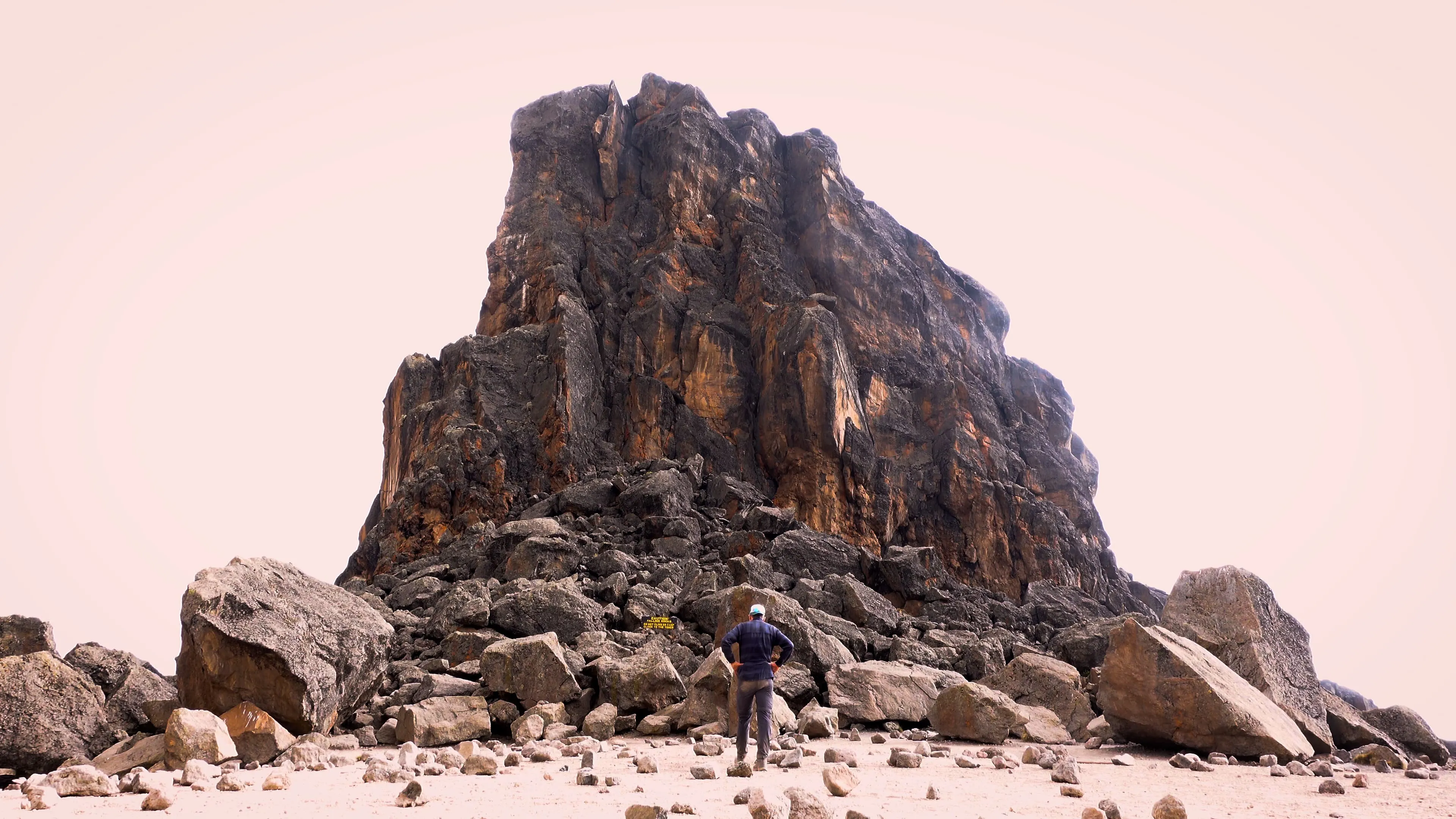
Rongai Route
At Bookatrekking.com we care for our staff, we think and act local, and we make sure that everyone makes it home safe. We only make use of certified local guides and porters, we don't do nonsense, we eat well, and we don't like hidden costs. Uhuru is Swahili for Freedom. We like Freedom.
Itinerary
Included
-
Private transport to and from airport to your hotel
Your trekking company is able to pick you up from the airport and bring your to your hotel. A transfer back to the airport is also included in the package.
-
Transportation to and from the start/end point
The transport from your accommodation to the start point is taken care of. This also applies to the way back.
-
Four Season Mountain tents
On Mount Kilimanjaro you're staying in our strong and well maintained four season mountain tents. Every time you arrive at your camp the tent has already been set up.
-
Double Layered Sleeping Mats
Double layered mats provided by your trekking company will put you to sleep in no time.
-
Hot meals daily while on the mountain
Breakfast, lunch and dinner are prepared during the trek. Your trekking company is bringing their own cook. Don't be surprised when you see an exclusive three course dinner on your plate.
-
Treated and filtered water
During the trek you won't have a shortage on drinking water.
-
Hot water for washing
Don't expect an extensive shower, but there will be the possibility to use hot water for a decent wash.
-
Altitude Sickness & First Aid Kit
The guides carry an altitude sickness kit to monitor your pulse rate, oxygen saturation and heart rate twice a day (very useful for monitoring the symptoms of altitude sickness (AMS) at altitude). Also emergency portable oxygen is carried along. On top of that the guides are qualified Wilderness First Responders.
-
KINAPA Rescue Fee
The fees for the Kilimanjaro Rescue Team are covered. This is managed by KINAPA, Kilimanjaro National Parks. Interesting fact: Kinapa means “We carry each other” in Swahili.
-
Park fee, camping fee, VAT and other taxes
The park entry fees, the crater fee, camping fee and value added tax are included in the price.
-
Fair salary, food, insurance and accommodation for guide and porter(s)
The total amount covers not only your own basics, but also those of your guide and porter. No unpleasant surprises.
-
Your own team of porters and guides
Per person you generally have a team of 1 guide, 1 cook and 8 porters who will support you in your climb. If you are part of a group of four, you will be able to enjoy 2 guides, 1 cook and 12 porters. Although there will always be enough hands on deck, the exact amount of support staff varies per route.
Excluded
-
Visa for Tanzania
Visas are required for all visitors, and cost about $50. For most nationalities it is possible to get a visa upon arrival when you arrive at the airport in Tanzania. Check with your local Tanzanian embassy or consulate to see what the requirements are.
-
Flights to and from Moshi
The total amount is also exclusive of flights to and from Tanzania. To get an idea of which airlines are visiting Kilimanjaro International Airport (KIA), it is best to have a look at their website.
-
Personal expenses
All personal expenses such as drinks at the bar, washing and other similar expenses are for your own account.
-
Travel Insurance Including Repatriation
Your international travel insurance is your own responsibility. It is important that your travel insurance also covers adventures at a high altitude. Discuss your itinerary with the insurance company before you travel to Tanzania.
-
Tipping
Tips for guides and porters are excluded. You decide what you want to tip, but be generous and read about tipping when you are planning to go trekking in Tanzania.
-
Portable flush toilet
Portable flush toilet with a toilet tent is available for USD 70 for the entire trek.
-
Accommodation before and after the trek
Whether you stay in Moshi, Arusha or anywhere else, before and after the trek you have to take care of your own accommodation and meals.
FAQ
What Makes the Rongai Route So Special?
How Hard is the Rongai Route?
Best Season for The Rongai Route
What if the dates I want are not available?
If I book now, can I immediately arrange the rest of my trip?
How do I know if this trek is right for me?
How to Book
Booking
Availability
Cancellation policy
Reviews
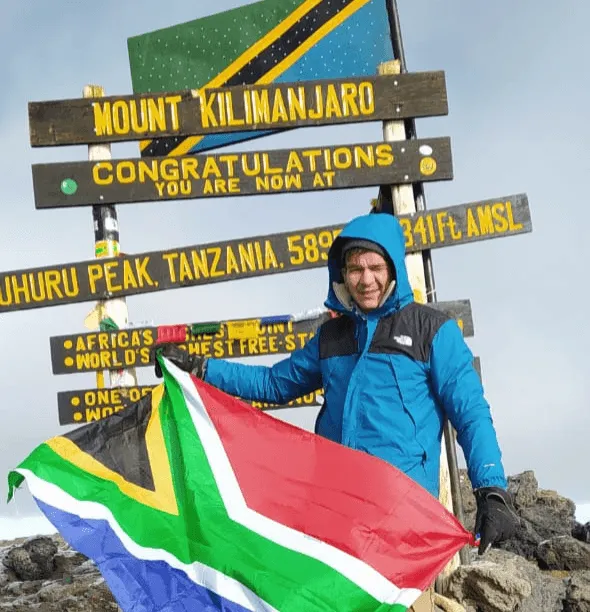
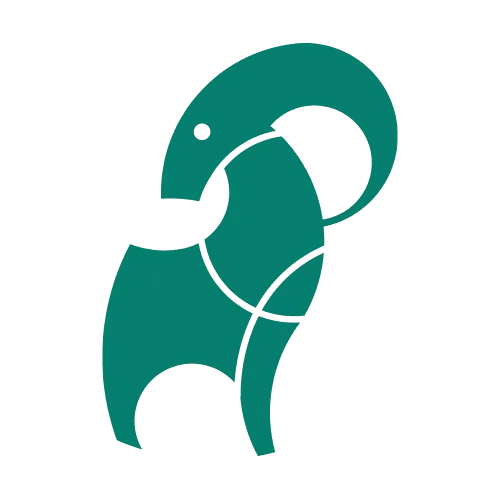
Reviews
Just for You
Get weekly inspiration with the best treks
